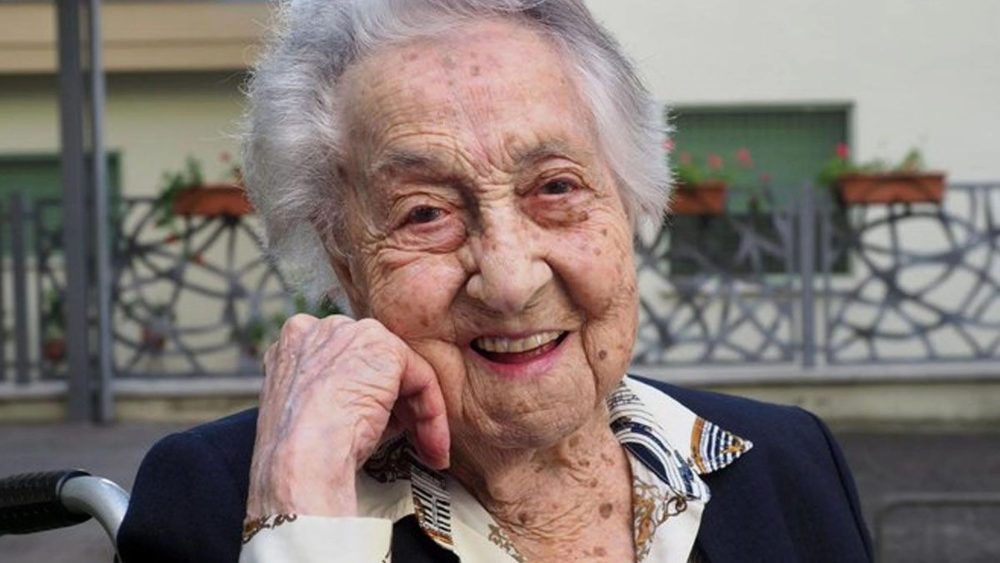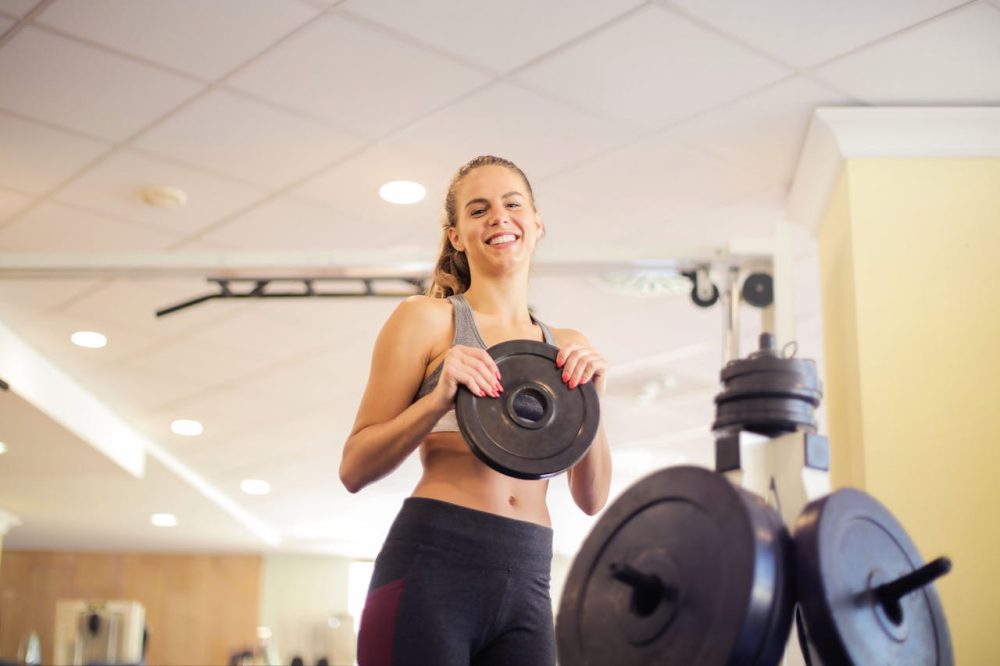Lifestyle changes are not just good advice. They can be a game-changer after a colonoscopy. A 2025 study published in The American Journal of Gastroenterology followed over 118,000 people and found something big. Nearly half improved their lifestyle habits after their first colonoscopy, and the benefits weren’t small.
For every 1-point boost in their healthy lifestyle score, colorectal cancer (CRC) risk dropped by 14%. Chronic disease risk also went down. Remember, a colonoscopy is a turning point. What you do after matters just as much as the test itself.
Right after a colonoscopy, people tend to pay more attention to their health. This study proves that is a great time to build better habits. People who quit smoking, moved more, ate better, and moderated alcohol use gained real protection. Not just from CRC, but also from diabetes and heart disease.
Lifestyle is how you live day to day. Your choices around food, movement, weight, smoking, and drinking stack up. Each good choice adds to your defense. Each one counts.

Jonathan / Pexels / The study showed that quitting smoking and getting more physical activity had the biggest impact on lowering CRC risk.
Not surprising. Smoking damages cells, and colon cells are no exception. Quitting gave people an edge almost immediately.
Physical activity helped just as much. You don’t need a fancy gym. Walking 30 to 60 minutes a day can change your risk profile. It keeps digestion healthy, lowers inflammation, and supports weight control.
Weight, Booze, and What You Eat
While weight control, diet, and drinking didn’t cut CRC risk as sharply, they did help with chronic disease prevention. Keeping a steady, healthy weight protects your heart and pancreas. It also makes colonoscopy screenings easier and more effective.
Moderating alcohol, especially keeping it to one drink a day for women and two for men, also made a difference. Heavy drinking harms gut health and liver function. Cutting back gave people better odds across the board.
Plus, diet also mattered. Less red and processed meat, more fiber-rich foods, fruits, and vegetables. That is the simple switch. These foods help the colon do its job and may lower inflammation that can lead to cancer.
Colonoscopy as a Catalyst
A colonoscopy isn’t fun, but it can open your eyes. The study shows it motivates change. When people see the inside of their body, or hear about polyp removal, it gets real. They suddenly want to do better.
That moment, right after the test, is a prime window. Doctors can use it to talk about habits, not just results.
Screenings now start at age 45 for adults with average risk. That is earlier than before, for good reason. CRC is showing up in younger people. Catching it early or stopping it before it starts is key.
But screening alone isn’t enough. You need a lifestyle that supports the screening. If you get the test but keep smoking and eating junk, the benefit fades. Screening and lifestyle work best together.

Freepik / The study proves that even modest lifestyle tweaks make a difference. You don’t need a perfect diet or daily gym sessions.
Just walking more, cutting one drink, quitting cigarettes, or swapping processed meat for a salad can start a positive chain reaction.
The study also sends a clear message to healthcare providers: Use the moment. A colonoscopy visit is a chance to talk about lifestyle in a real, personal way. Even if patients don’t change everything right away, they will remember the advice. And when they are ready, they will act on it.








